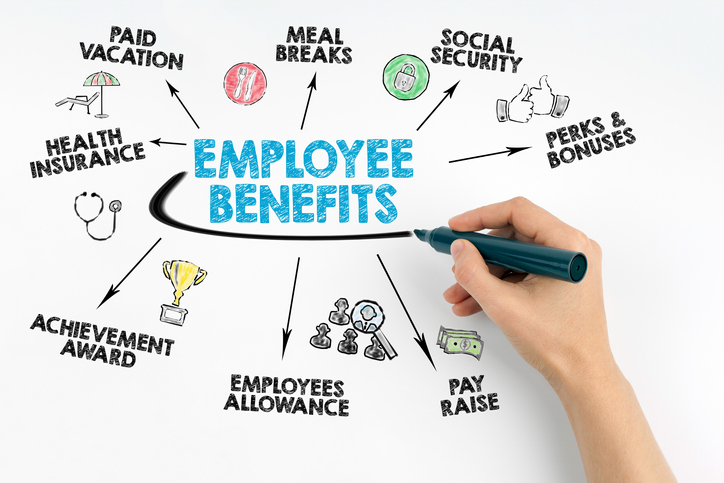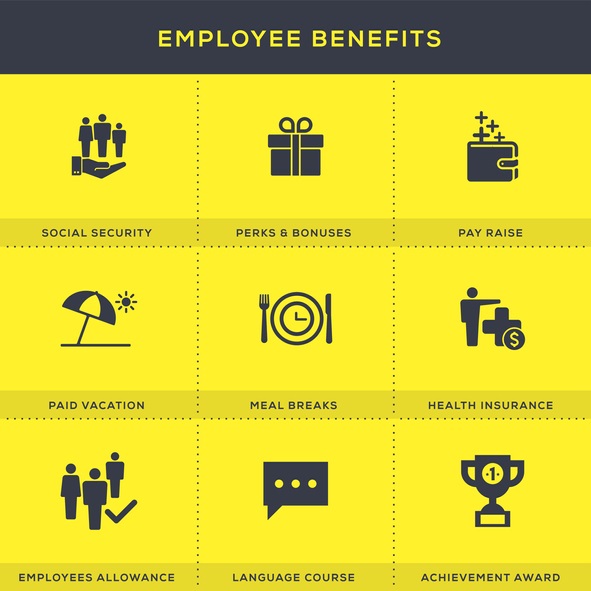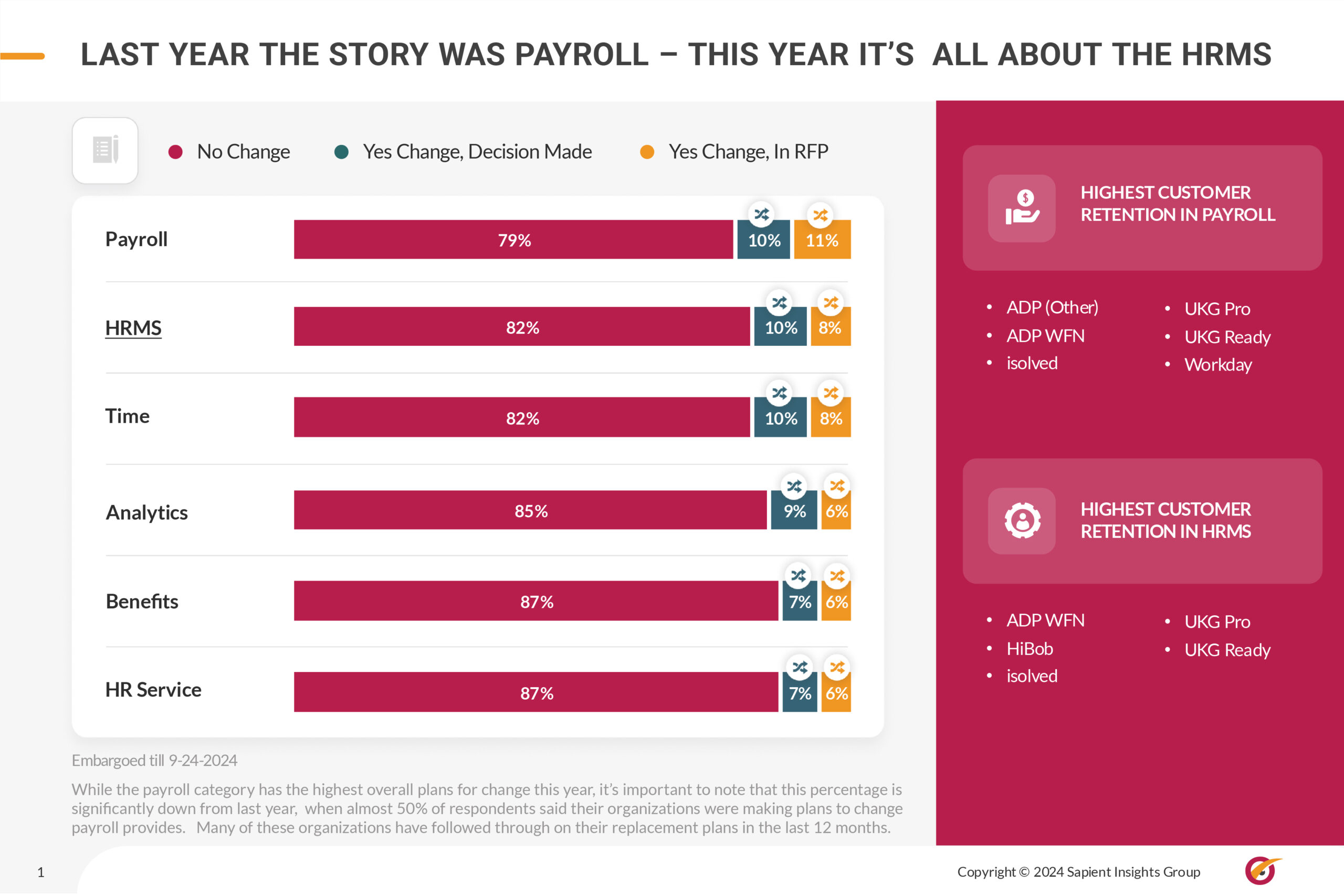Benefits for a multi-generational workforce
- HRM Asia Newsroom

|
Dynamics within the workplace today have evolved due to the changing education landscape and the raise in retirement age, multiple generations are now a common sight within a single company.
A report by Randstand on global employment trends shows that 85% of employees in Singapore are already working in a multigenerational team in Q2 of 2018.
Despite this, we know that many companies still find it a challenge to manage the dynamics of a multigenerational workforce.
Many local and regional organisations fail to offer their employees a choice, diversity and flexibility with their corporate benefit packages and still adopt an ‘old school’ approach of what employee benefits should entail – buying basic healthcare insurance and assuming it is sufficient to meet the needs of all their employees.
We are all not quite the same
From the Baby Boomers, the Gen X and the Millennials, every demographic group has their own unique set of needs and concerns and a ‘one-size-fits’ all approach will not suffice.
| hrmasia | ||
Baby Boomers
|
hrmasia
| hrmasia | ||
Generation X
|
hrmasia
|
hGranted, it is almost impossible and not feasible for employers to provide a benefits package that rich, whereby it can meet every single need of each demographic.
It is certainly clear that there are different priorities for each demographic. Identifying key concerns from each group will be vital in creating the well-tailored benefit packages to better suit each generation’s demand.
Flexibility in benefit packages will therefore be essential.
Employees who realise they can rely on their own personal health insurance should have the option of opting out of traditional insurance selections and enjoying other benefits such as wellness packages or corporate mobile plans where it is much suited to their needs.
Employees who are looking to further value add to their health insurance can look into the possibility to buy up and improve their current coverage. The options are plentiful, and it depends on the needs of the employees.
Benefits to not just employees, but companies as well

Widely known to everyone, employee benefit packages are a core component in any job, alongside career development opportunities, salary packages and other key aspects.
As a contributing factor to the level of job satisfaction and work productivity, having employees satisfied with a flexible benefit package can translate to many benefits for the companies.
Employees will have a greater reason to be satisfied with their jobs and be more productive with their work.
More than just the productivity perks it provides with the company, what it translates for employers is essentially employee retention.
When employees are happy with the benefits and their work, talent retention is natural and the tendency for them to stay loyal to their companies will be higher.
Now and ahead with employee engagement
The current landscape in Singapore and the region is seeing a shift in traditional corporate benefits with a greater demand for flexible benefit packages.
A recent study by Willis Tower Watson Asia Pacific Benefit Trends shows that despite 63% of employers recognising the value employees place on benefits packages – while in reality, only 45% agree that they do meet their needs.
Employees have felt a lack in choices and have called for greater diversity and flexibility in putting together benefit packages.
It is however noteworthy to see that employers are recognising this and have started implementing flexible benefit packages in Singapore and the region.
What was once an uncommon sight and only present in the western countries, is now beginning to find a foothold in local and regional workplaces today.
We definitely can expect companies to be focusing more on their employee engagement in health and well-being within the next 3-5 years and that this in turn will result in greater flexibility and engagement with employees.







